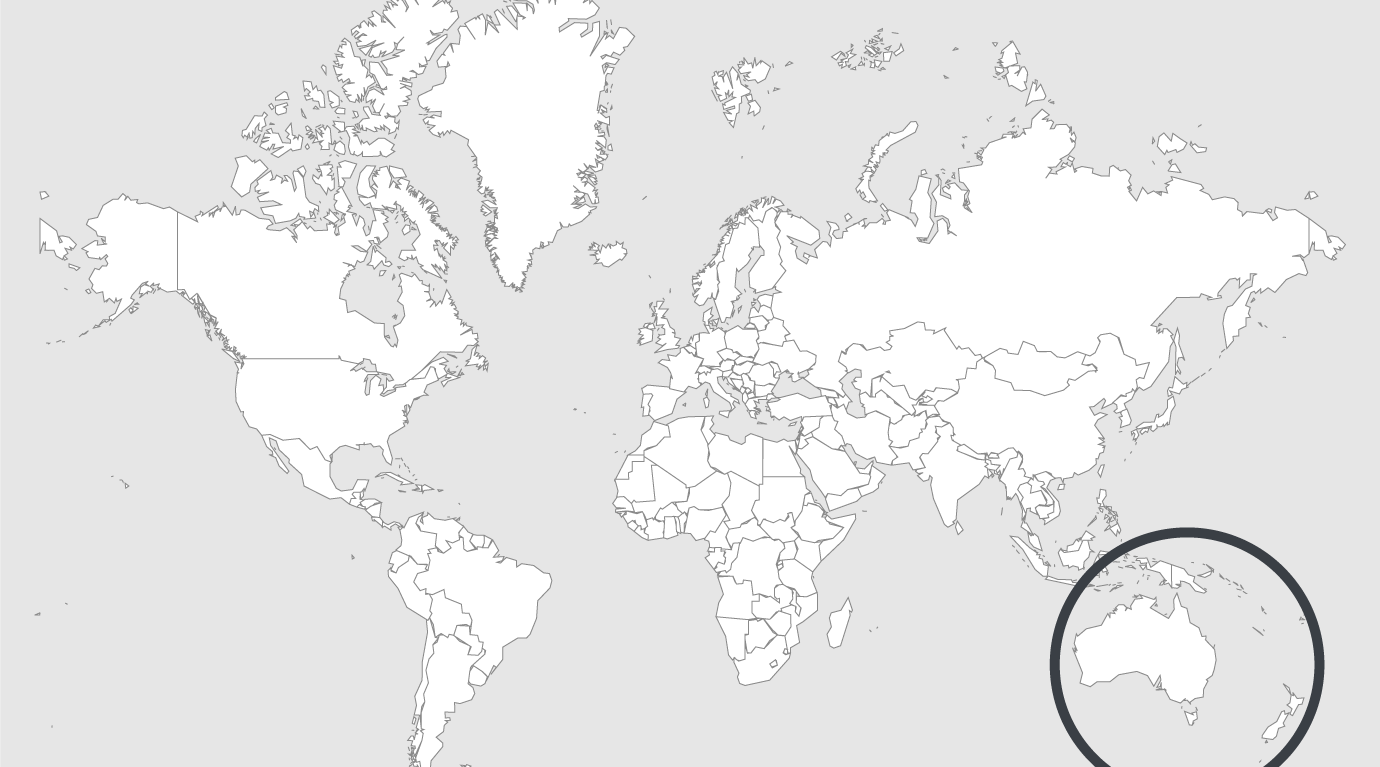
Explore
Indigenous interpreter shortage "adding to high incarceration rates" for Aboriginal people
Some Aboriginal people are being kept in custody for longer than required because of a lack of interpreters in South Australia, lawyers representing Indigenous people claim.
Dudley Davey, from a community in South Australia’s APY Lands, recently pleaded guilty to murdering outback nurse Gayle Woodford.
He appeared by videolink without an interpreter because the court and lawyers were unable to find one willing to work with him.
Cheryl Axelby from the Aboriginal Legal Rights Movement said while she did not know the circumstances of the case, a lack of interpreters was delaying some from possibly leaving prison.
“We know that cases are sometimes remanded so an interpreter can be sourced which is not a fair and equitable sense of justice,” she said.
“For Anangu Pitjantjatjara Yankunytjatjara [people], they’re being held in custody because the system itself is failing. We are really concerned that the system is at breaking point.”
Ms Axelby said there had been a significant rise of specifically Anangu Pitjantjatjara men and women entering the prison system in recent years.
“We’re also seeing an increase of children being removed and parents not being supported with interpreters through the investigation and assessment phase,” she claimed.
Despite representing 3 per cent of the population, Aboriginal people account for more than a quarter of the prison population.
Ms Axelby said increasing the number of interpreters and establishing a better system to make them easily accessible should be a priority.
“We have an interpreter working with us as an Aboriginal field officer and that person is constantly called upon by the courts to fill gaps because they can’t get interpreters,” she said.
“We are calling for interpreters, calling for increased home detention and diversions from custody when people are remanded.”
Read full article.
